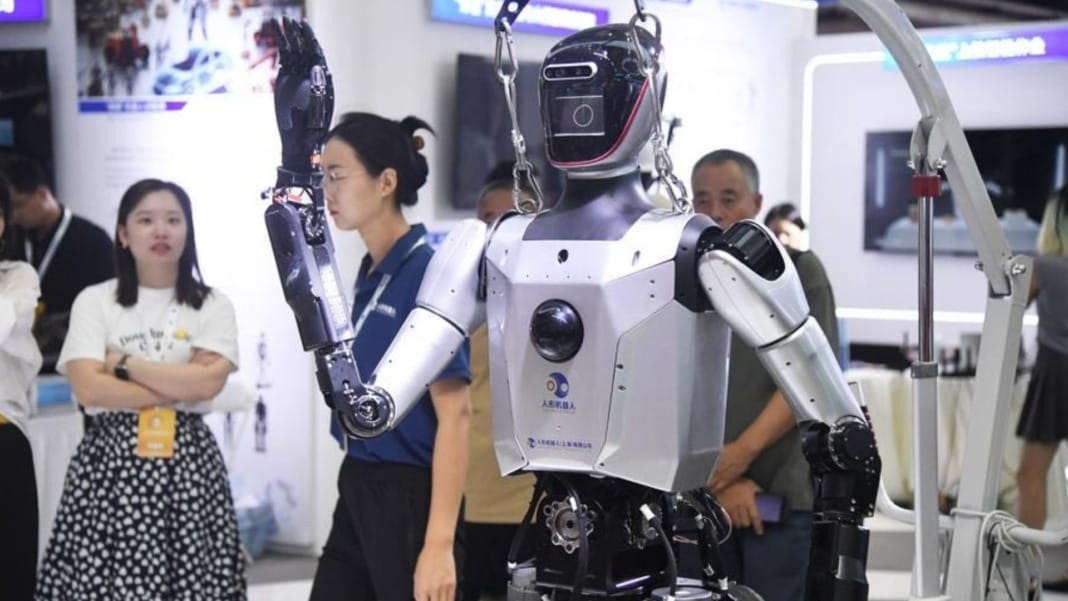A former Huawei Technologies recruit has unveiled that his start-up has achieved a significant milestone: mass production of humanoid robots. The breakthrough highlights the intensifying competition among Chinese firms in the artificial intelligence (AI) and robotics industry.
Agibot reaches mass production milestone
Shanghai-based start-up Agibot, founded by Peng Zhihui in February 2023, has announced that it has started mass production of its general-purpose humanoid robots for commercial use. As revealed in a recent video, by December 15, the company had manufactured 962 units.
The 31-year-old Peng, once recruited by Huawei under its prestigious “Genius Youth” programme, shared the news on the Chinese social media platform Weibo. According to Peng, this marks a significant achievement for the company after two years of developing the concept and successfully transitioning to mass production.
Agibot’s robots cater to both household tasks and industrial operations, demonstrating versatility in their design and application. Backed by prominent investors, including HongShan (formerly Sequoia China), Hillhouse Investment, and electric vehicle manufacturer BYD, Agibot has gained attention in the highly competitive robotics sector.
Peng’s rise as a robotics innovator
Peng Zhihui first gained prominence at Huawei, working on AI projects within the company’s computing division. His inventive posts, including one featuring an Iron Man-inspired robotic arm, garnered widespread attention on Chinese social media.
In December 2022, Peng decided to leave Huawei and pursue his vision of developing humanoid robots. Less than a year later, Agibot is already making waves in the industry by achieving what many start-ups struggle to accomplish—scaling up to mass production.
China’s race to lead the robotics industry
Agibot’s accomplishment comes amid increasing support from Chinese government bodies for the robotics sector. Earlier this month, the Chongqing municipal government announced subsidies of up to 10 million yuan (US$1.37 million) to encourage growth in the field. Similarly, Hangzhou introduced a five-year development plan, set to run until 2029, to foster innovation in robotics.
Industry expos in Beijing and Shanghai earlier this year showcased nearly two dozen humanoid robots, signalling fierce competition among Chinese tech firms. Many of these efforts aim to outpace Tesla’s Optimus robot, which CEO Elon Musk has claimed will be “genuinely useful” and in low production by 2024, with mass production anticipated by 2026.
The sector also sees new entrants, including a former OpenAI engineer who recently launched a robotics venture with offices in China and Singapore.
China’s Ministry of Industry and Information Technology has set an ambitious target for the industry. In November, the regulator stated that the country should achieve mass production of humanoid robots by 2025 and make them a major driver of economic growth by 2027.
Agibot’s success positions it as a key player in this rapidly evolving landscape, raising the stakes for competitors in China’s burgeoning robotics industry.





